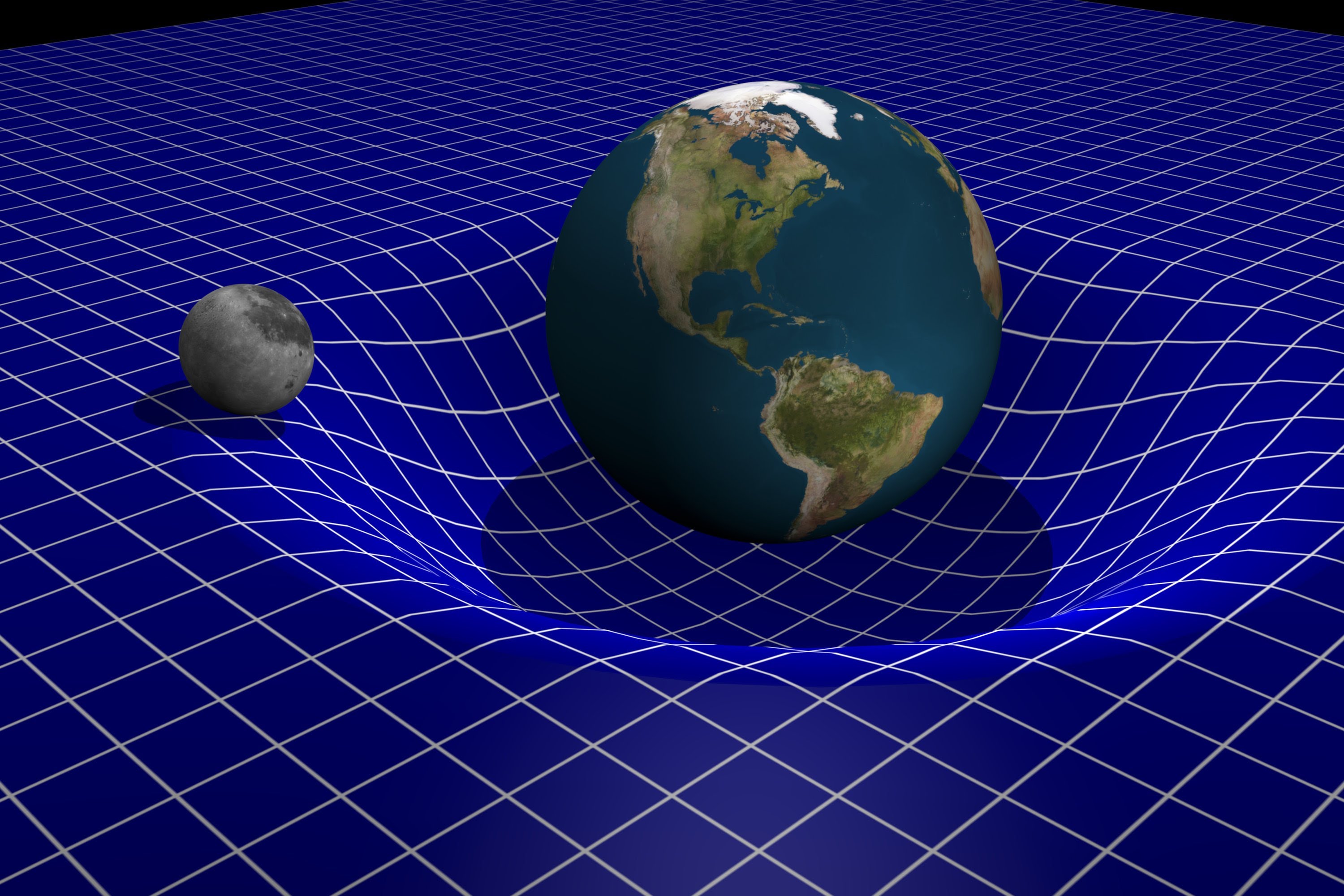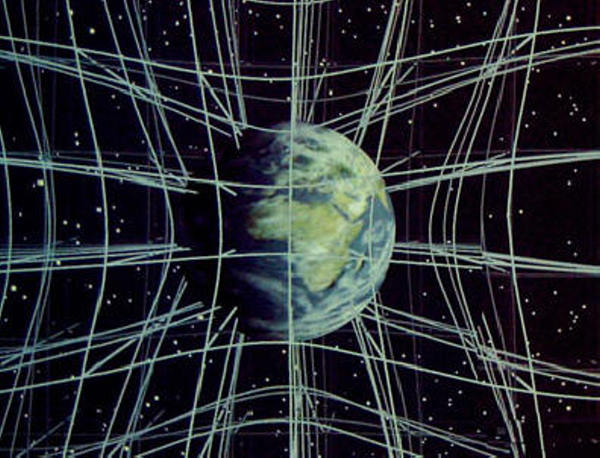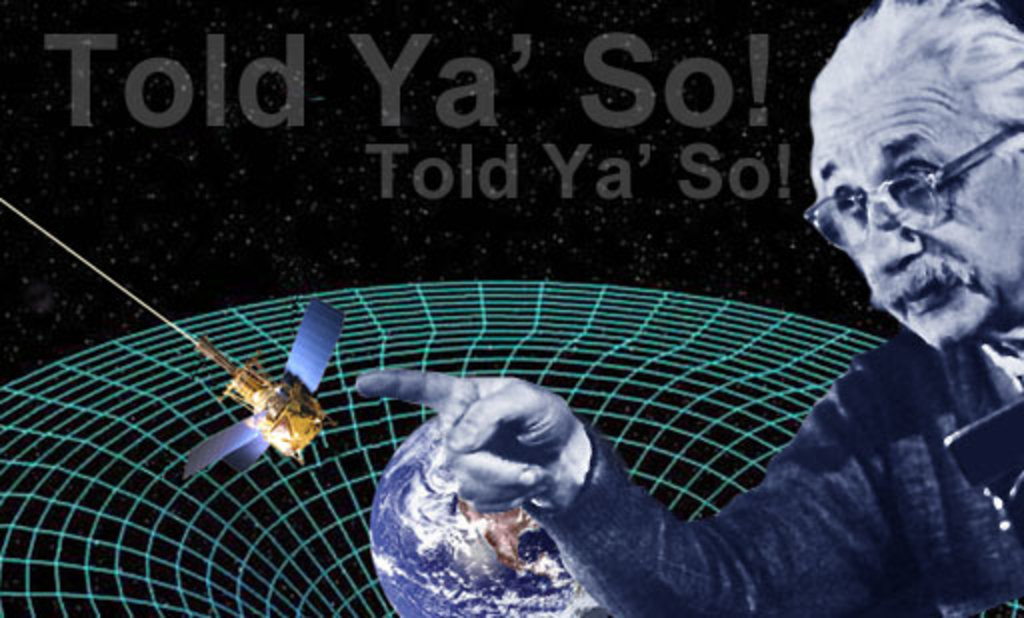
Q: What is gravity? (asked by Simon)
Wow…great question. This is a question the greatest scientific minds have asked and tried to answer for centuries. It’s a question not even Stephen Hawking, the scientific genius of the century, has fully answered.
There are a few parts to the gravity question, and they have each been addressed one by one over time:
- How does gravity work?
- What is gravity?
- Why does gravity work?
Isaac Newton stood on the shoulders of the giants before him—Aristotle, Ptolemy, Copernicus, and Kepler—and figured out how gravity works. But he was at a loss to explain what exactly this mysterious force was.
Einstein built on Newton’s work and came up with a theory for what gravity is—that is, distortions in space-time.
We have yet to understand why gravity works. Why is space-time warped? Why do objects distort it as if it were the material of a trampoline? What exactly is the nature of space?
But, lucky for me, the question above specifically asks what gravity is. And that, I can explain.
The best way to do that is to turn one of gravity’s oldest tricks, one that has perplexed scientists and philosophers for thousands of years: What makes the planets move?
Continue reading







